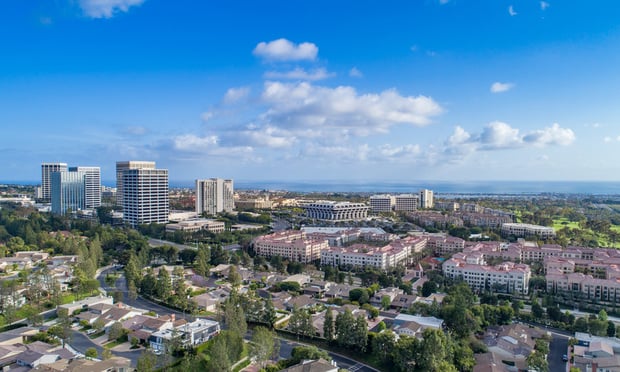A release from the City Council says the biotech tax credit will work in conjunction with the development of laboratory space at the East River Science Park, which in July signed its first tenant, and at the New York Science Center, also known as BioBAT, in the works at the Brooklyn Army Terminal. When they're completed, these spaces, along with existing facilities, will provide approximately two million square feet of laboratory space in the city.
Under the legislation approved by the council, small biotech firms engaged primarily in research and development in New York City can receive a refundable tax credit of up to $250,000 a year against the city's general corporation and unincorporated business taxes. The credit is intended to help emerging firms offset costs of equipping laboratories, certain qualified research costs and training expenses for researchers.
For biotechnology firms that are either new to the city, or that increase their employment in the City by at least 5%, there will be an 18% credit toward costs related to purchase or renting of equipment for testing, quality control or research; a credit of up to 9% for in-house research related operating costs; and a credit of up to $4,000 per employee for certain training expenses. Biotechnology firms that are not increasing their employment are still eligible for the credit, albeit at a lower rate. The credit is limited to small firms that meet New York State standards as qualified emerging technology companies.
In a statement, councilwoman Jessica Lapin says, "For far too long, our city has been overly dependent on Wall Street revenues for our fiscal well-being. This tax credit is a huge step toward building a 21st century economy for New York."
The council on Thursday also passed two more construction-safety bills that are part of a package of legislation developed in response to the fatal August 2007 fire in the former Deutsche Bank building at 130 Liberty St. One bill requires the use of air-pressurized alarm systems for dry standpipes during construction or demolition, while the other calls for new or altered sprinkler systems in buildings to undergo successful hydrostatic pressure testing by a licensed master plumber or licensed fire suppression piping contractor. Earlier this month, Mayor Michael Bloomberg signed four related bills that were based on recommendations from a working group convened after the 130 Liberty blaze.
Want to continue reading?
Become a Free ALM Digital Reader.
Once you are an ALM Digital Member, you’ll receive:
- Breaking commercial real estate news and analysis, on-site and via our newsletters and custom alerts
- Educational webcasts, white papers, and ebooks from industry thought leaders
- Critical coverage of the property casualty insurance and financial advisory markets on our other ALM sites, PropertyCasualty360 and ThinkAdvisor
Already have an account? Sign In Now
*May exclude premium content© 2024 ALM Global, LLC, All Rights Reserved. Request academic re-use from www.copyright.com. All other uses, submit a request to [email protected]. For more information visit Asset & Logo Licensing.








